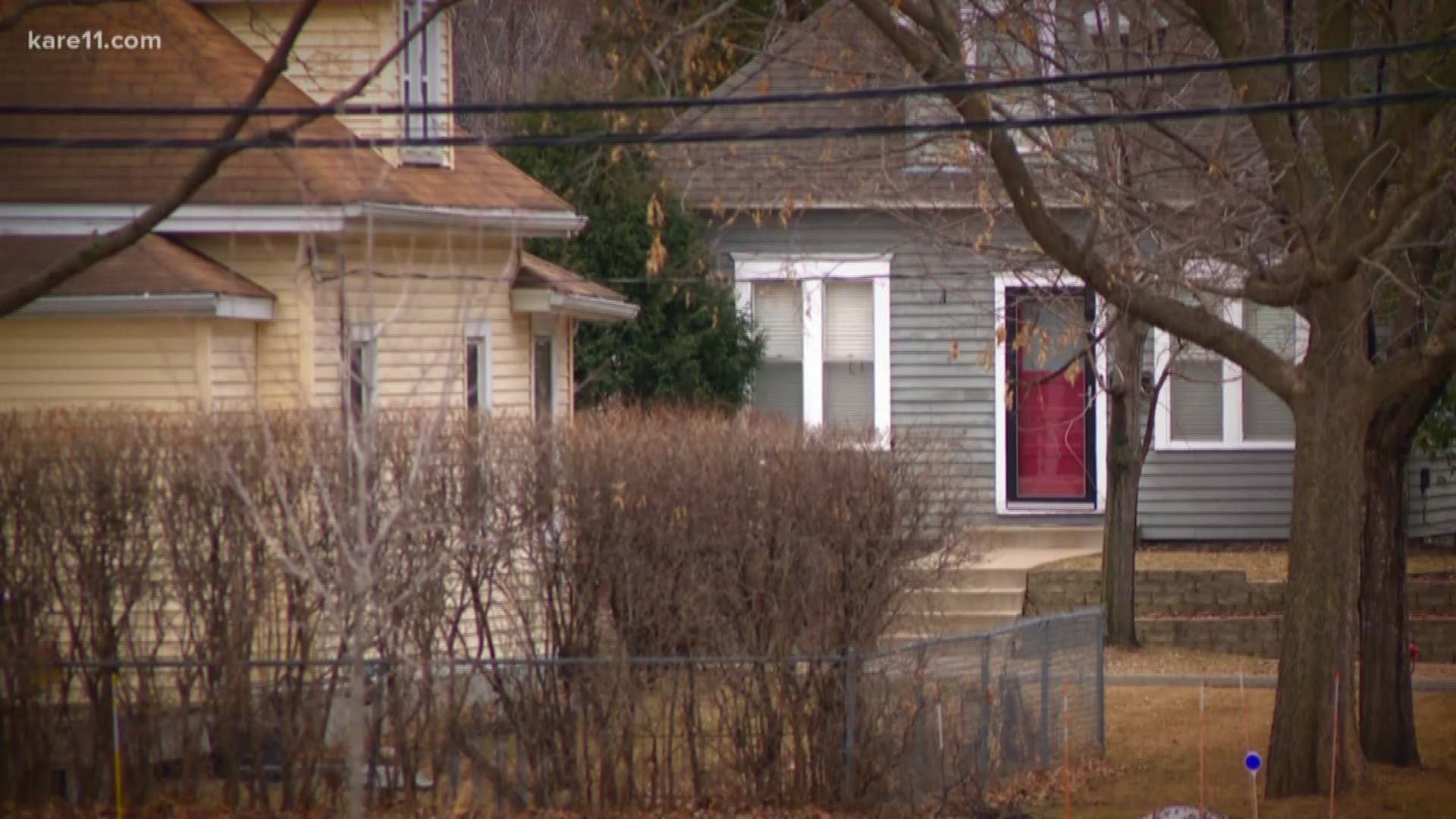MINNEAPOLIS — Homeowners who need help paying the mortgage can now put those payments on hold for up to a year.
It's just one part of the $2.2 trillion CARES Act the president signed last month.
The mortgage relief provision will let homeowners put their mortgage payments on hold for up 180 days.
After that, if homeowners still need a little help they can extend it for another 180 days, up to a year.
But the catch is not every mortgage qualifies.
Minnesota Mortgage Association President Roger Kadlec says only “government-backed” mortgages qualify for this program.
“That would include mortgages such as FHA, VA, USDA, Fannie Mae and Freddie Mac,” Kadlec says.
"Those mortgages make up about 65% to 70% of all mortgages in the United States."
The remaining 30% to 35 % are mortgages through banks, credit unions and private lenders, and Kadlec says those mortgages would not qualify for this program.
However, he says even if your mortgage is privately held you still might be able to get the help you need.
A lot of banks and credit unions sell their mortgages to companies like Fannie Mae and Freddie Mac.
So, even if your mortgage started with a private bank, and you make payments to that bank, your mortgage may technically be owned by a government-backed lender.
"The best thing to do is get in touch with your mortgage servicer to see what your situation is. Or you can also look at your mortgage statement," Kadlec says.
And Kadlec says some private banks and credit unions have decided to offer these same benefits to their customers.
So, if you're unemployed, or need some help paying the mortgage, Kadlec recommends calling your lender to see what they can do to help.
"There are no fees for the forbearance. You're not going to get hit with additional fees. So, call your lender if you feel you need help with your mortgage. They should know what the CARES Act is all about and should be able to tell you if you qualify or not, or if they’re a private lender they should be able to tell you what programs they offer,” Kadlec says.
It’s also important to keep in mind that before you stop paying your mortgage, you must reach out to your lender first to let them know that you wish to enroll in the mortgage relief program.
Kadlec says it’s also important for homeowners to ask their lenders about their plans to pay back those missed mortgage payments
“Each lender has their own different plans for repayment on your mortgage. You should ask your lender if they are going to ask for you to make up those missed payments right away at the end of the 180-day period, after six months, a year, or are they just going to extend out your mortgage on the back end? You should ask them about this first before doing anything.”
KARE 11’s coverage of the coronavirus is rooted in Facts, not Fear. Visit kare11.com/coronavirus for comprehensive coverage, find out what you need to know about the Midwest specifically, learn more about the symptoms, and see what companies in Minnesota are hiring. Have a question? Text it to us at 763-797-7215. And get the latest coronavirus updates sent right to your inbox every morning. Subscribe to the KARE 11 Sunrise newsletter here. Help local families in need: www.kare11.com/give11.
The state of Minnesota has set up a hotline for general questions about coronavirus at 651-201-3920 or 1-800-657-3903, available 7 a.m. to 7 p.m.

